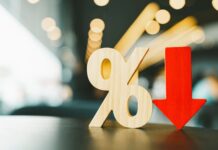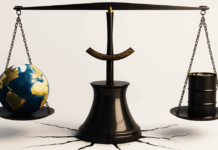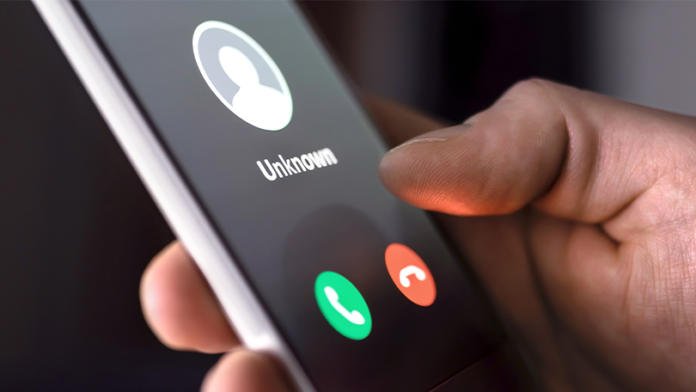With the pandemic breaking out earlier this year and countries going into various lockdowns, there has been a significant change in communication behaviour and patterns of spam around the world.
On Tuesday [December 8], Truecaller released findings from its Truecaller Insights report, a look into the top 20 countries affected by spam calls in 2020.
The fourth edition of the report reveals the significant shift in which countries are now receiving the most spam calls.
A closer look at spam calls in South Africa
In 2019, South Africa ranked in as the sixth-highest spammed country in the world. This year, it is now the 17
th most spammed country globally. Users are on average receiving 11.3 spam calls a month compared to 25.2 spam calls from last year’s
findings.
For the first time in three years, spam calls in South Africa have decreased, although insurance and scam calls continue to be a big threat for consumers.
Looking closer at the trends in South Africa, spam calls saw a 59% dive from March to April, in correlation to the lockdown in the country. However, from April to October there has been a 191% increase in spam calls. This reflects a surprising global trend that emerged this year.
Comparing the month of October with March, spam calls are at all-time high (17% higher than pre-lockdown).
Global spam trends
The COVID-19 pandemic has directly and indirectly affected not only global economies and societies but spammer behaviour. As the virus spread exponentially worldwide, spam calls started to decrease around March. Spam reached its lowest point in April when strict curfews and lock downs were implemented worldwide.
The overall volume of calls also dipped during this period. However, from this point, reports of scammers taking advantage of the uncertainty around the pandemic emerged. In May, spam calls started to pick up again and have been increasing on average by 9.7% per month.
October, with a record high in terms of spam calls, was 22% higher than the pre-lockdown period.
This year’s trend, and the distribution of spam worldwide, shows that rather than mitigating spam, the pandemic only offered a brief respite to victims of scammers. And despite various countries re-entering lockdowns in the latter part of 2020, this has not affected global spam rates negatively. If anything, spammers have now adjusted to a COVID world.
What are the trends?
– Brazil is still the most affected country when it comes to spam calls, with an increase of 9% compared to last year.
– The US is now the second most spammed country in the world and has seen a 56% increase of spam calls compared to last year. This is a significant rise from last year’s position of 8th.
– India, a country that used to receive the most spam calls in the world, has now dropped to 9th position.
– Last year, the top 10 countries were dominated by the South American region. This year Chile, Peru and Colombia have seen a decrease in spam calls.
– A lot of European countries have surfaced on the list – Hungary, Poland, Spain, UK, Ukraine, Germany, Romania, Greece and Belgium. None of these countries were on the list last year.
– The biggest increase of spam calls comes from Europe and the US – where Hungary has seen the biggest jump (1132%), followed by Germany (685%), Belgium (557%) and Romania (395%).
– Indonesia (18.3), India (16.8), Vietnam (14.7) and Russia (14.3) are the most affected countries in Asia.
– An escalation of scam calls and robocalls around the world is expanding their share within the most common spam categories. Scammers taking advantage of the pandemic is a reason for the increase of scam calls.
– Just like us, spammers take time off from work on weekends, as can be seen in a global weekly reduction of spam calls on those days.



















